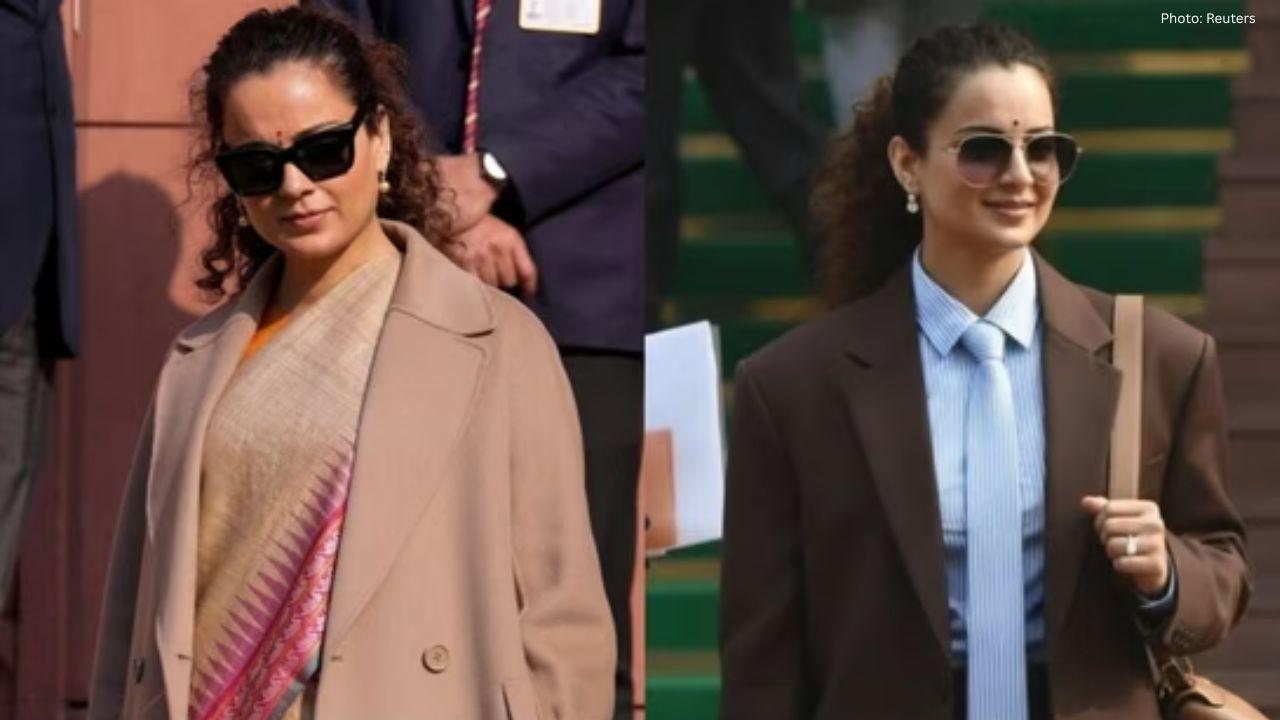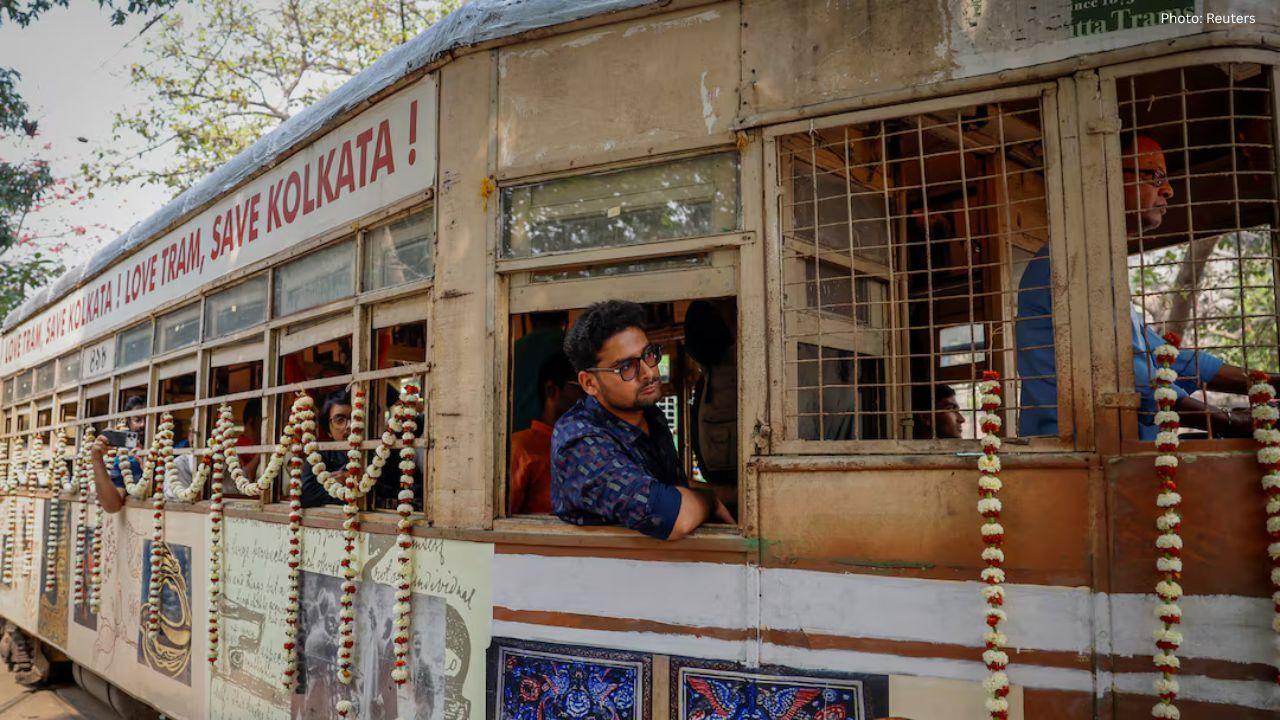You have not yet added any article to your bookmarks!

Join 10k+ people to get notified about new posts, news and tips.
Do not worry we don't spam!

Post by : Anis Farhan
Tea is more than just a warm drink in a cup; it is a story steeped in centuries of history, culture, and connection. Across continents, people have turned to tea not only for refreshment but also for spiritual reflection, hospitality, and social bonding. While its origins trace back thousands of years to ancient China, tea has evolved into a global phenomenon, adapting to local customs and traditions in ways that make it both universal and uniquely personal.
Legend credits the discovery of tea to Emperor Shen Nong in 2737 BCE when tea leaves supposedly drifted into his pot of boiling water. What began as an accidental infusion soon became an essential part of Chinese culture, deeply intertwined with traditional medicine, philosophy, and artistry. The Chinese tea ceremony, or “Gongfu Cha,” is a refined ritual emphasizing precision, aroma, and the appreciation of each sip.
Tea’s early uses were often medicinal, prescribed for digestion, relaxation, and even longevity. Over centuries, cultivation spread across China, with different regions producing distinctive varieties like green tea from Hangzhou, oolong from Fujian, and pu-erh from Yunnan.
Tea found its way to Japan via Buddhist monks in the 9th century, becoming a spiritual practice. The Japanese tea ceremony, or “Chanoyu,” emphasizes harmony, respect, purity, and tranquility. Matcha, a powdered green tea, lies at its core, prepared with precise movements in serene, meditative settings. The philosophy behind the ceremony reflects the Japanese aesthetic of wabi-sabi, finding beauty in simplicity and imperfection.
The Silk Road was a crucial highway for cultural exchange, and tea was among its most valuable commodities. Merchants carried compressed tea bricks across Central Asia, making it a form of currency in some regions. In Mongolia and Tibet, tea evolved into hearty blends, often combined with yak butter or milk to suit the nomadic lifestyle and harsh climates.
Tea’s arrival in the Middle East transformed hospitality traditions. In Morocco, sweet mint tea became a national symbol, poured high from ornate silver pots into small glasses. In Turkey, black tea (çay) is served in tulip-shaped glasses, symbolizing friendship and community. Across the Gulf, tea is flavored with spices like cardamom and saffron, often enjoyed alongside dates.
Tea’s journey to Europe began in the 17th century, with the British East India Company playing a pivotal role. By the 18th century, tea drinking was a daily ritual in England, giving rise to “afternoon tea” — a tradition pairing tea with sandwiches, pastries, and scones.
The British colonial era expanded tea production to India and Sri Lanka, shaping global trade. Assam and Darjeeling became synonymous with quality black tea, while Ceylon teas from Sri Lanka gained international acclaim. Unfortunately, the spread of tea was also linked to exploitative colonial practices, leaving a complex legacy.
Introduced to Russia in the 17th century, tea quickly became a staple. Served in ornate samovars, Russian tea is often strong and accompanied by sugar, jam, or lemon. In Central Asia, tea remains a daily ritual, with green tea favored in the east and black tea in the west, often shared in small bowls as a sign of hospitality.
While tea arrived in North America via European settlers, its most famous historical moment was the Boston Tea Party, a political protest that helped spark the American Revolution. Today, the U.S. is known for iced tea, especially in the southern states where sweet tea is a beloved staple. Herbal infusions have also grown popular, aligning with health-conscious lifestyles.
The 21st century has seen a revival of tea culture with artisanal blends, specialty tea houses, and wellness-driven infusions. Matcha lattes, bubble tea from Taiwan, and cold brew teas are finding global popularity. Sustainability and fair trade have also become essential considerations, with consumers seeking ethically sourced leaves and eco-friendly packaging.
Across cultures, tea is more than a drink — it’s an invitation. It signals warmth, respect, and shared time. Whether in a British tearoom, a Japanese teahouse, a Moroccan café, or a living room in Istanbul, tea bridges gaps and fosters conversation.
Tea also holds a sacred role in many traditions. For monks, it is a companion in meditation. For hosts, it’s a gesture of welcome. In literature and art, tea has symbolized calm, reflection, and the fleeting nature of life.
Climate change, shifting consumer preferences, and economic pressures on small tea farmers are reshaping the tea industry. As global demand grows, sustainability will be key to preserving both the quality and heritage of tea. The future may see more cross-cultural fusion, blending traditional methods with modern creativity.
Tea’s story is not just about leaves and water — it’s about human connection, shared moments, and cultural evolution. From the quiet gardens of Kyoto to the bustling tea stalls of Kolkata, tea remains a symbol of hospitality and heritage. No matter how you brew it, tea will always be more than just a drink.
This article is intended for informational purposes only. Cultural descriptions are generalized and may not represent the full diversity of practices within each region. Readers are encouraged to explore further resources for deeper understanding.










Two Telangana Women Die in California Road Accident, Families Seek Help
Two Telangana women pursuing Master's in the US died in a tragic California crash. Families urge gov

Ranveer Singh’s Dhurandhar Roars Past ₹1100 Cr Worldwide
Ranveer Singh’s Dhurandhar stays unstoppable in week four, crossing ₹1100 crore globally and overtak

Asian Stocks Surge as Dollar Dips, Silver Hits $80 Amid Rate Cut Hopes
Asian markets rally to six-week highs while silver breaks $80, driven by Federal Reserve rate cut ex

Balendra Shah Joins Rastriya Swatantra Party Ahead of Nepal Polls
Kathmandu Mayor Balendra Shah allies with Rastriya Swatantra Party, led by Rabi Lamichhane, to chall

Australia launches review of law enforcement after Bondi shooting
Australia begins an independent review of law enforcement actions and laws after the Bondi mass shoo

Akshaye Khanna exits Drishyam 3; Jaideep Ahlawat steps in fast
Producer confirms Jaideep Ahlawat replaces Akshaye Khanna in Drishyam 3 after actor’s sudden exit ov